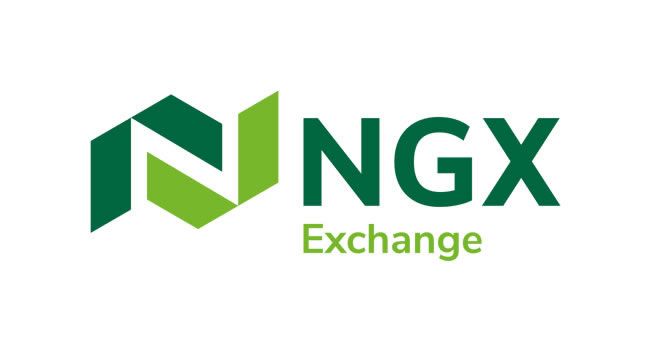Despite efforts by the Federal Government to curtail capital flight, the situation rather received a spike in the first quarter of the year as foreign portfolio investors withdrew a staggering N420.37 billion from the Nigerian Exchange (NGX).
The amount a 250.86 per cent surge in capital outflows compared to N119.81 billion recorded in the same period last year, according to the latest market data.
The sharp escalation in capital flight underscores deepening unease among international investors over Nigeria’s economic trajectory, beset by macroeconomic instability, currency volatility, and erratic policy signals.
While foreign inflows into the market also saw a dramatic increase—rising by 321.63 per cent year-onyear to N392.68 billion— the quarter closed with net outflows of 6.78 per cent, a red flag for investor sentiment and market resilience. The NGX’s Foreign Portfolio Investment report paints a grim picture.
Overall transactions on the exchange dropped 16.07 per cent from N607.05 billion in January to N509.47 billion in February 2025, despite remaining higher year-on-year.
Foreign transactions were especially hard-hit, plunging 40.36 per cent within the same period. Domestic investors continued to dominate market activity, accounting for 85 per cent of all transactions in 2024 and maintaining the lead into early 2025.
However, their enthusiasm appears to be waning. Domestic trades declined by 12.83 per cent in February, with retail participation falling nearly 20 percent and institutional activity dipping by 5.92 per cent.
The persistent outflows signal more than a cyclical retreat—they represent a structural crisis of confidence in Nigeria’s economic management.
Analysts cite a toxic mix of exchange rate distortions, high inflation, delayed subsidy reforms, and inconsistent monetary tightening by the Central Bank of Nigeria (CBN) as key drivers behind the capital exodus.
As of Q1’25, foreign investors contributed just N114.16 billion in total market activity, dwarfed by the N1.002 trillion in domestic transactions— further evidence of shrinking foreign engagement.
Experts warn that unless urgent reforms are enacted to restore macroeconomic stability and policy credibility, Nigeria risks prolonged foreign divestment.
Key policy interventions include stabilising the naira, reining in inflation, and assuring investors of a transparent and coordinated fiscalmonetary framework.















